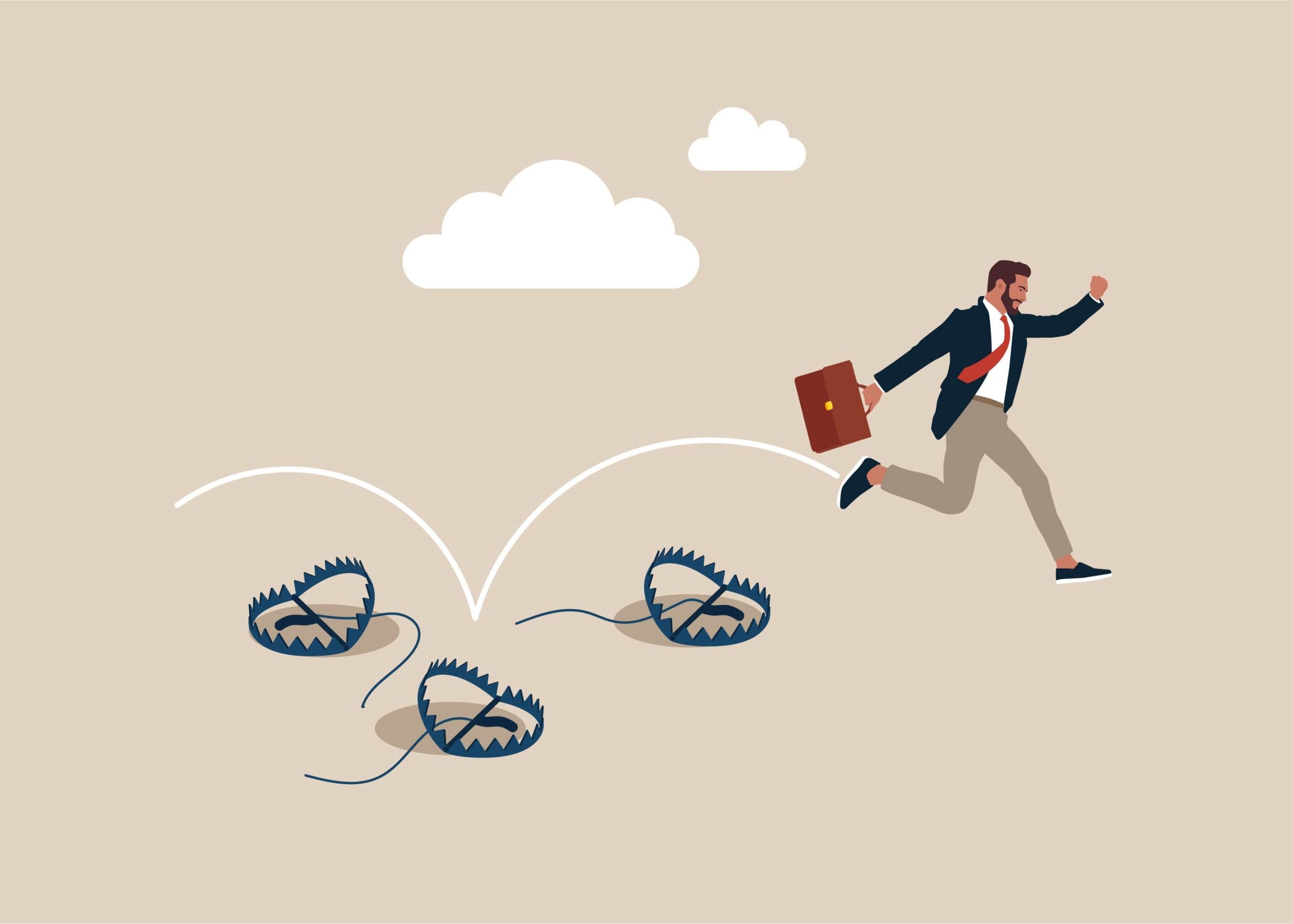
Tired of dealing with customers simply interested in your pricing and feeling like it’s a race to the bottom against your competitors? Duane Cashin, founder and CEO of Cashin Sales, says the key to overcoming this is selling your company’s value during the discovery phase of the sales process.
“It lays the foundation for the rest of the entire sales conversation,” Cashin says. “People want what they want, and in order to find out what people want, you have to ask questions.”
However, you shouldn’t stop asking questions after a client has outlined what services they’re looking for. Cashin says the sales rep should also learn about their experience with their previous provider and their personality style.
“If you’re dealing with an analytic, they’re going to need numbers and percentages,” Cashin says. “If you’re dealing with an expressive, they don’t want numbers and percentages because they’re big picture oriented and you’re going to lose them in a matter of seconds.”
Cashin will educate attendees on how to tell your company story and close more sales during his session “Selling Value: How to Avoid Falling into the Commoditization Trap” on Wednesday, Sept. 13, at 10 a.m. at ELEVATE. This session is part of the Business Excellence track and is worth one CEU. This session is ideal for owners, sales managers and directors of sales.
He says the most important thing when telling your story is you don’t want to sound like the competition. Don’t talk about how you have X number of trucks or have been in business for a certain number of years. Cashin says you don’t have to come across as a large and successful company but rather a business that is different and unique.
“The buyer wants an experience,” Cashin says. “The buyers are begging, ‘Please, somebody stand out. Will somebody show me you’re different and unique.’ So culture and community involvement are really big.”
He says being listed as one of the best companies to work for in your area for the past three years is just one way to draw people in when they’re looking for a landscape company. Cashin encourages investing in a marketing person to help tell your company’s story well.
Cashin says one mistake sales reps make is having an info dump during the presentation all about your company, which can end up boring the client.
“We only want to present the things that are important to that buyer, and that’s it,” Cashin says. “Really go deep with them and ask, ‘Is that what you’re looking for? Are you comfortable with that? Is that what you want?’ You’ll find out in the discovery phase what it is they want.”
Cashin says sales reps should guide clients through the buying process rather than pushing. Telling them what a great company you are pushes them.
“It has to be all about the buyer, what they want, what they need, how they feel, how they listen, how they buy, and it’s got to be conversational,” Cashin says. “So we lead by listening, getting info and then explaining how we will give them what they want.”
Another pitfall is when inexperienced sales reps start selling too soon. Cashin says often they’ll hear a client say they have a problem and the sales rep starts pitching them right then. He say when you go and see a doctor about your hurt knee, they aren’t going to prescribe medicine immediately. They will ask additional questions such as when did it happen, is it worse at certain times of the day, how long has it been hurting and so on.
“When someone starts selling right away, they’re doing that feature dump and they’re focusing on their materials,” Cashin says. “They’re focusing on this is how we do it, and then they’re focusing on the price and when we do that, we’re bringing that buyer’s attention right to features and pricing and services.”
Cashin says getting to the root of the problem during the discovery phase allows you to focus on other aspects of the project besides price. He also stresses that sales reps shouldn’t be indifferent when a client says they’re going to shop around and get other estimates.
“When the reps hear this, they need to smile and say, ‘Well, that’s great. I’m really glad you want to get some other estimates. You want to be an informed consumer. Let me ask you something. What exactly are you looking for in the landscape company that you pick? I want to understand that,’” Cashin says.
When dealing with objections, Cashin says you can refer back to what you learned during the discovery phase and leverage it. If they say the price is high, reiterate that they said they are looking for a landscape contractor who will communicate more frequently and outline how you will do just that.
Ready to take the focus off price alone? Register for ELEVATE and we’ll see you in Dallas, Texas!

